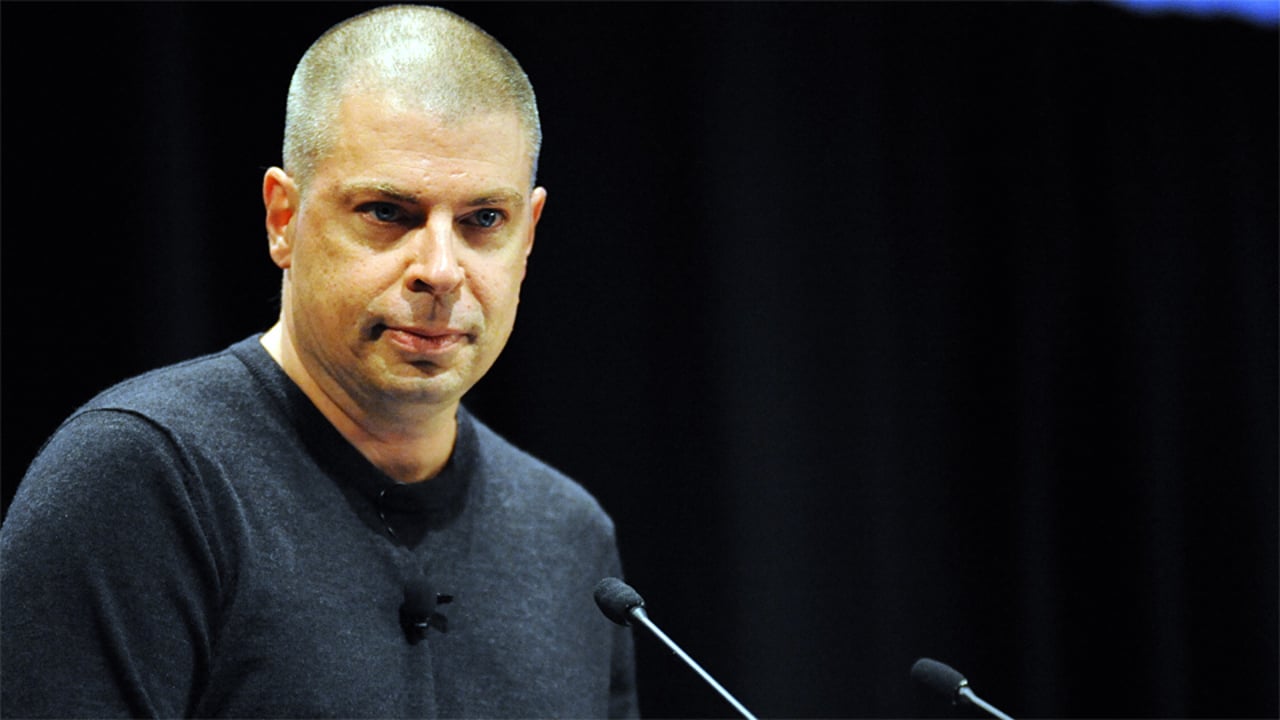
Mark Pesce
Dense and Thick
It may be hard to believe, but we're only just at the very beginnings of the web revolution. In the first fifteen years (1994-2009), the human world of culture and civilization was sucked into the black hole of cyberspace. Now the real world is poised to follow. Augmented Reality (AR) shows that when we peer through a portal, and look upon the world, it's almost embarrassingly empty of our annotations. That data is there - the world is the database of itself - but it can't be brought immediately to hand with a search or a gesture. That's the next place we will go: we will build a virtual body for the real world, a dense database of everything, both natural and artificial. In fifteen years' time, we'll wonder how we got along without it.
This means that the clock has been reset. Everything we thought we knew about how the Web works, what the Web does for us, and who controls the Web is up for grabs, once again. We will see bright shining stars - and sudden, brief supernovas - just as we did in the Web's early years. The opportunities are breathtaking, the innovations will be flying fast and thick. All of this is now within our grasp.
